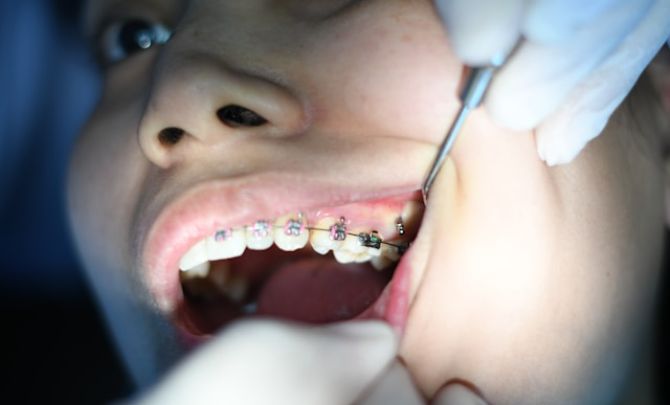Dental anxiety affects people of all ages, often preventing them from seeking the care they need. The fear may stem from a past experience, the sounds and smells associated with dental offices, or even just the anticipation of pain. For some, this unease can turn into complete avoidance, compromising their oral health and leading to more serious problems over time. Managing this anxiety is not about eliminating fear completely, but learning how to face it in manageable ways. By using practical strategies and building trust with dental professionals, patients can begin to reshape how they view dental care and make appointments feel far less intimidating.
Communicate Your Fears with Your Dentist
One of the most effective ways to manage dental anxiety is to be open about it. Sharing your fears might feel uncomfortable at first, but doing so builds a foundation of trust. When dentists understand what triggers anxiety, whether it’s the sound of drills, the sight of needles, or the fear of pain, they can adapt their approach to help you feel more at ease. In the middle of this honest exchange, don’t hesitate to ask for a pause or signal system so you feel more in control. You might be surprised how understanding and prepared many professionals are, especially those with experience in anxiety management, like the professional emergency dentists Broken Arrow area, who routinely treat patients with high levels of dental stress. Establishing clear communication can transform your experience from one filled with dread to one marked by reassurance and control.
Choose the Right Appointment Time
Timing can have a large impact on anxiety levels. Booking your dental visits for times of day when you are usually calmer and less rushed can ease some of the stress. Some people prefer early morning appointments, finding comfort in getting it done before their day begins. Others feel better when they have time to mentally prepare and choose afternoon slots. Consider avoiding busy or stressful parts of your schedule when setting up an appointment. Being well-rested and not under pressure to rush out afterward makes a real difference. Giving yourself a little extra breathing room before and after your visit allows time to relax, both physically and mentally, so you’re not walking in feeling tense or flustered.
Bring a Distraction or Support Person
Many dental offices allow patients to bring items that make them feel more relaxed. Listening to music through headphones or holding onto a stress ball can give your mind something else to focus on. These small comforts may seem insignificant, but they often help reduce anxiety levels throughout the visit. Some people benefit from bringing a friend or family member to the appointment. Having someone present who offers calm support without judgment can help you feel grounded. Whether it’s a conversation in the waiting room or simply knowing someone is there, this presence can reduce feelings of isolation and nervousness. When your mind starts to race, having something or someone familiar nearby can help redirect your focus and keep you present.
Practice Relaxation Techniques Before and During Your Visit
Simple breathing exercises or guided relaxation techniques can do wonders for anxious minds. Before your appointment, find a quiet place and practice slow, deep breathing. This helps lower your heart rate and reduce physical symptoms of stress, such as muscle tension or shallow breathing. Visualizing a peaceful place, like a quiet forest or beach, can help create a sense of calm before stepping into the dental office. During the visit, continue to use these techniques to stay centered. Some people count their breaths or use progressive muscle relaxation, tensing and then releasing each part of the body, starting from the feet up to the shoulders. These techniques work by shifting your body out of a stress response and into a more relaxed state.
Ask Questions and Understand Each Step
A major source of anxiety is the fear of the unknown. When you don’t know what to expect, your imagination can run wild. Ask your dentist to walk you through each part of the visit, from check-in to the final steps. When you know what’s coming next, it’s easier to prepare yourself mentally. If you’re unsure about a tool or a procedure, ask for an explanation. Understanding what a particular sound means or how long a certain step will take can remove a lot of the mystery, and with it, much of the fear. You’re not being difficult by asking questions. In fact, a dentist who takes the time to explain things clearly helps create an environment where you feel respected and informed.

Facing dental anxiety takes time, patience, and consistency. It doesn’t disappear overnight, but every small step toward comfort builds confidence for future visits. With the right support, information, and mindset, it’s entirely possible to turn anxiety into something manageable and care into something routine.
